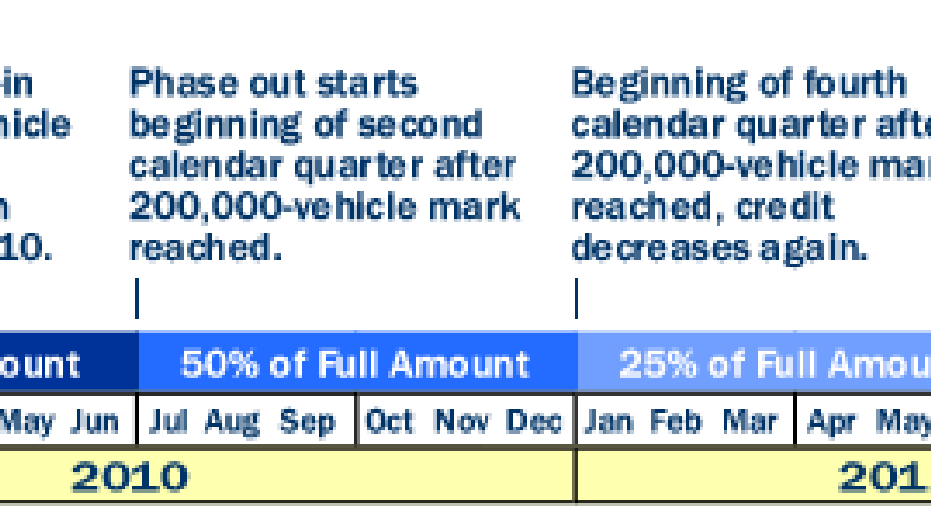2 Reasons Why Tesla Motors Is Marketing Model 3 at $35,000

Model 3. Image source: Tesla.
Tesla Motors has been talking about the Model 3 for years, long maintaining that the affordable EV will start at the critical $35,000 price target. Elon Musk again confirmed that the company's plans are on track with hitting this price point by the late 2017 launch. But this is the price of the car before you factor in various state or federal tax incentives.
Model 3 starts at $35,000 before incentives. Image source: Tesla.
The company is deliberately focused its messaging on that price before incentives. Here are two reasons why it's smart.
It's going away soonThe most important consideration is that the federal tax credit for Tesla vehicles is on its way out. The tax credit begins to phase out as soon as a manufacturer reaches 200,000 units sold within the U.S. Since Tesla doesn't report U.S. sales like other OEMs, it's very difficult to know when the company will reach this important threshold.
We do know that Tesla sold about 42,000 vehicles in the U.S. in 2014 and 2015 combined. Guidance for 2016 calls for 80,000 to 90,000 deliveries. About half of 2015 deliveries were in the U.S., so perhaps Tesla will sell another 45,000 cars in the U.S. in 2016. Most estimates are for Tesla to hit 200,000 U.S. sales in early 2018.
But even after it hits 200,000, there is a gradual phase-out period that takes several quarters. The phase out begins at the second calendar quarter after reaching 200,000, at which point you can still get half of the credit. The following quarter, you can get a quarter of the credit, and then it's gone. The Department of Energy provides this useful diagram:
Image source: U.S. Department of Energy.
The point is that unless the federal tax credit is renewed, which is unlikely with both houses of Congress under Republican control, the credit will go away shortly after Model 3's launch. By focusing on the $35,000 price, Tesla is deliberately preparing consumers for this loss of incentives.
Even before it goes away, not everyone will qualifyThere's another extremely important aspect: Even while the incentive is in place, not everyone will qualify for it. The tax credit can only be applied to your tax liability, so your tax liability must be at least $7,500 to take full advantage of the credit.
This is particularly relevant as Tesla moves from the luxury market segment to the mainstream market segment, since by definition the consumers will have lower incomes on average. For example, a Model 3 individual buyer making $45,000 and only owing $5,000 in taxes in the year that they take delivery would only receive $5,000 of the credit, while the remaining $2,500 goes away unused.
It's more conservative to reiterate the $35,000 price, while leaving the tax credit variables between the consumer and the IRS.
General Motors takes the other approachIn contrast, General Motors is aggressively touting the Chevy Bolt's price tag after incentives, focusing on the lower possible cost. General Motors' marketing emphasizes that the Bolt will cost as low as $30,000, which would seem lower than the Model 3. But this is after factoring in the full tax credit. The Bolt will start at $37,500 before incentives, giving the Model 3 the pricing advantage for the time being.
The fine print to this fine print is quite important. Image source: GM website.
By setting consumer expectations that the Bolt starts at $30,000, GM is potentially setting consumers up for delayed sticker shock if the consumer doesn't qualify for the full credit. Realizing that your car costs thousands of dollars more than you had expected after the fact is not a good experience.
On one hand, the tax credit will stay relevant for Bolt buyers for a longer period of time, since General Motors' U.S. plug-in volumes will have more time before hitting 200,000. But assuming that all consumers will qualify for the full credit may be slightly misplaced in the non-luxury market.
The article 2 Reasons Why Tesla Motors Is Marketing Model 3 at $35,000 originally appeared on Fool.com.
Evan Niu, CFA owns shares of Tesla Motors, andhas the following options: long January 2018 $180 calls on Tesla Motors. The Motley Fool owns shares of and recommends Tesla Motors. The Motley Fool recommends General Motors. Try any of our Foolish newsletter services free for 30 days. We Fools may not all hold the same opinions, but we all believe that considering a diverse range of insights makes us better investors. The Motley Fool has a disclosure policy.
Copyright 1995 - 2016 The Motley Fool, LLC. All rights reserved. The Motley Fool has a disclosure policy.



















